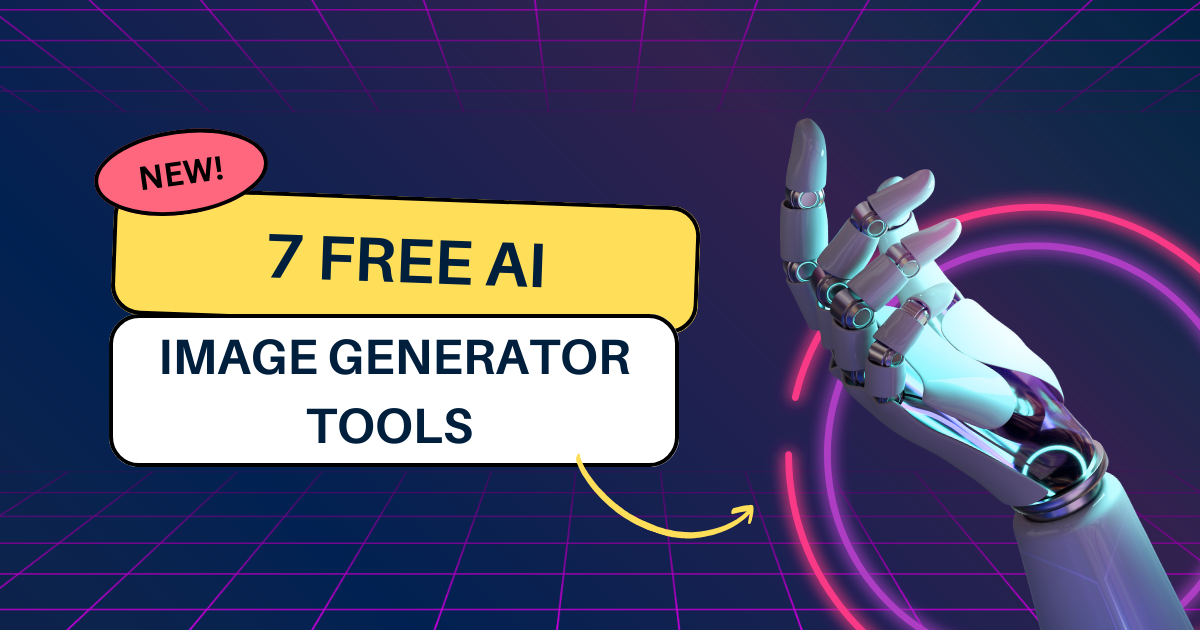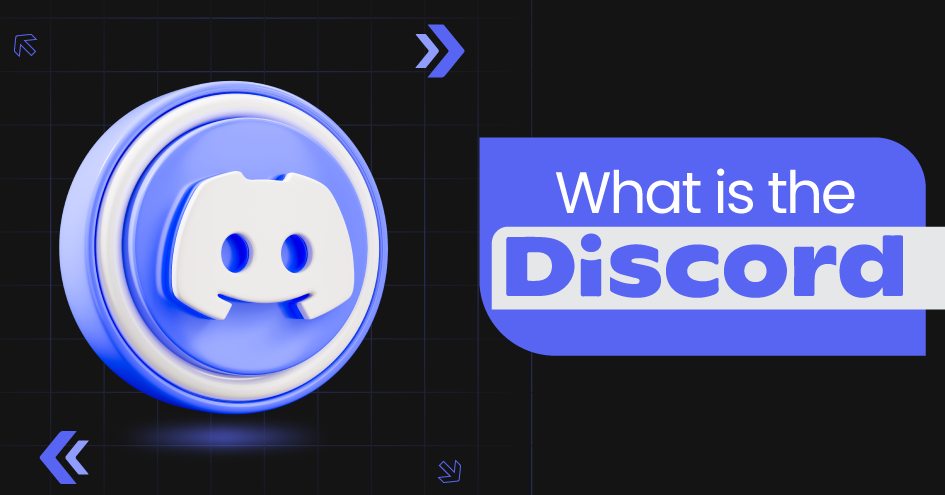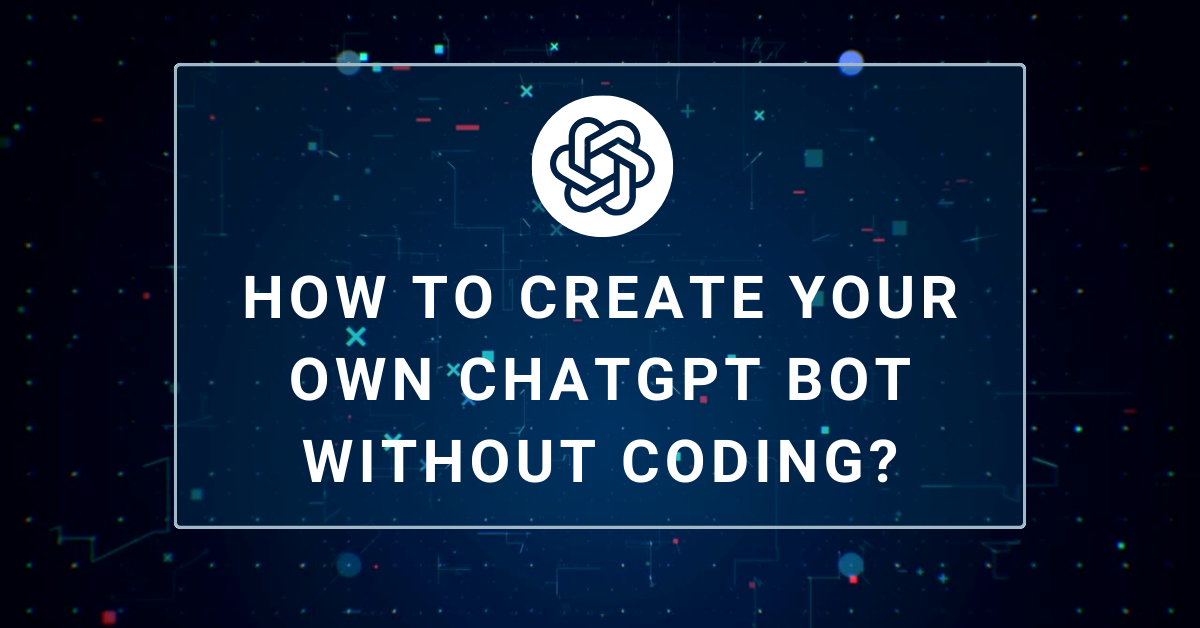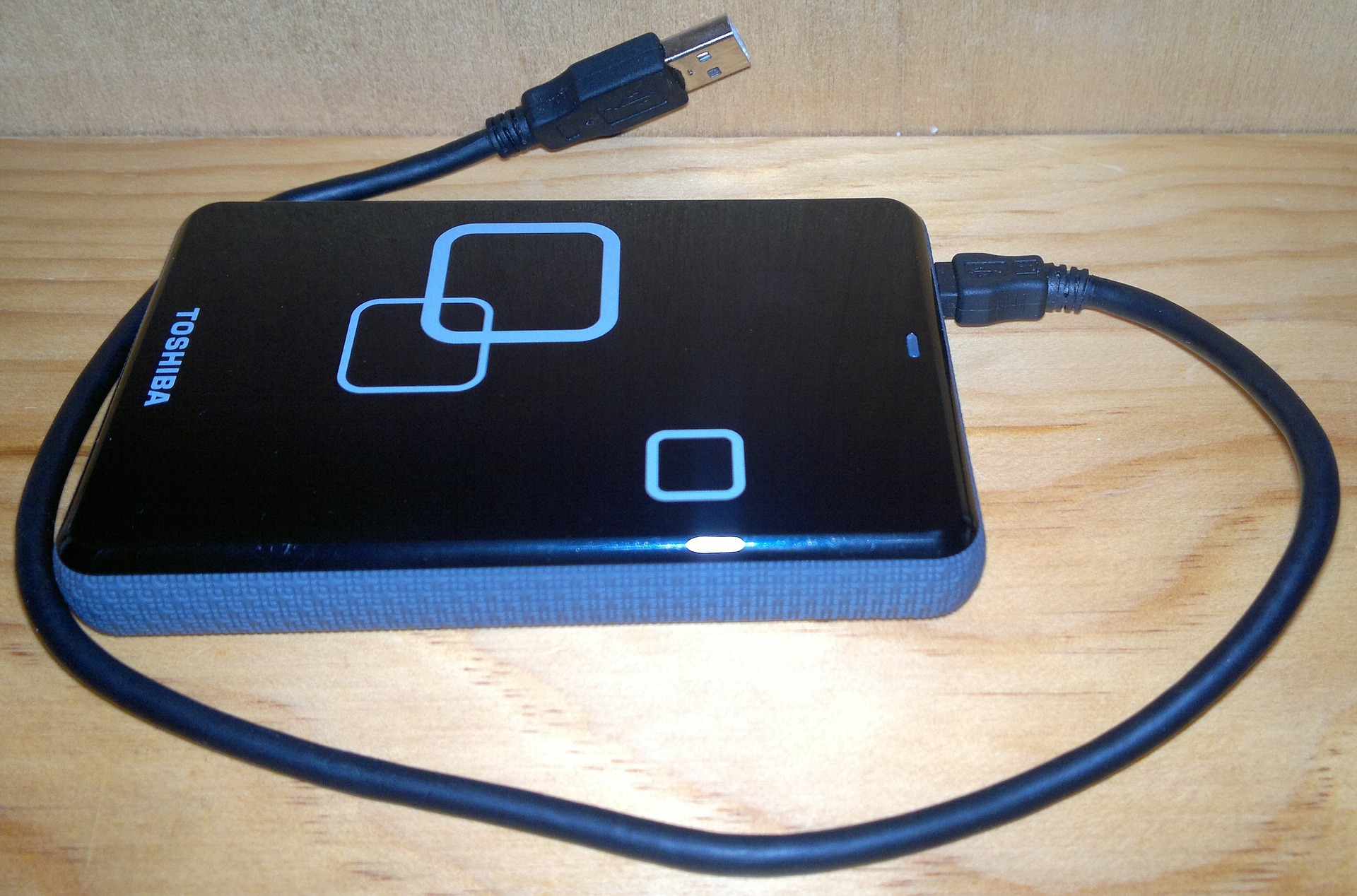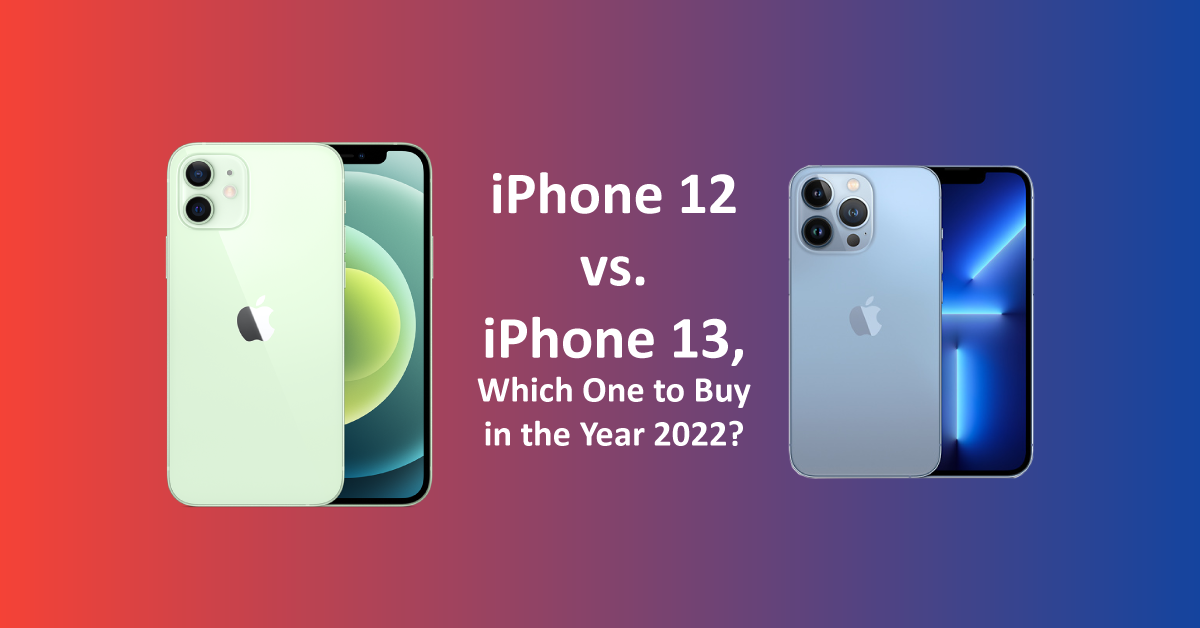Block Chain- An Important Asset for Technology
July 15, 2022
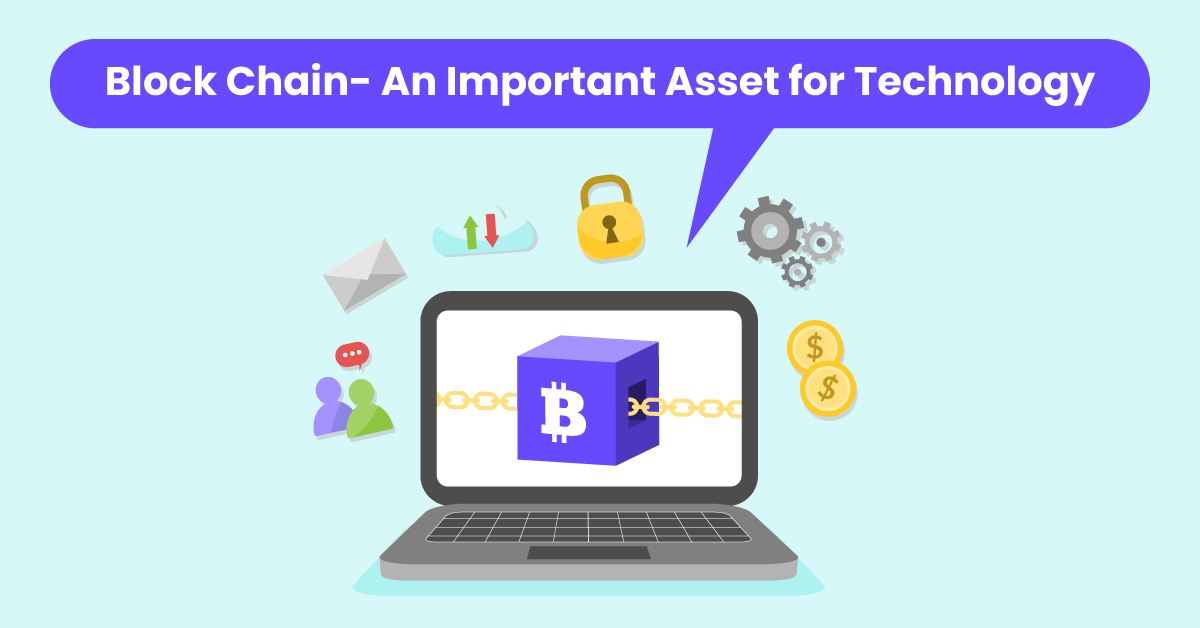
Technology has been advanced, and the future of the internet needs much attention. The internet is the ubiquitous path of communication and needs transformation drastically. Blockchain is a shared and immutable ledger that allows the process of recording transactions and keeping a record of the assets in a business network.
The assets that we are discussing here can be tangible or intangible. It is a technology that makes the data vulnerable. The data or information makes it impossible to change, hack or double-cross the system. The data is duplicated and distributed across the network of computer systems on the blockchains.
How is block Chain evolving?
The computed blockchains promise to create a new programmable layer of interaction and adapt processing on the internet. We all know now that the blockchain is well known for enabling digital currencies like cryptocurrencies and Bitcoin and has gained media attention. The other revolutionary change that blockchain might bring is the technology for secure and decentralized data processing. The new blockchain system promises to create a global, distributed machine on which a whole and sole new layer of interaction and processing could easily take place on the internet. The essential thing is wresting data control away from centralized authorities and giving it back to users.
Computing or Understanding Block Chains:
The initial stages of understanding blockchain include observing and knowing that the blockchains run on a network of collaborating nodes or peers. The nodes are run across the globe by individuals and organizations, and the ones in the network collaborate to confirm transaction validity for a fee. If these nodes start running on computational work, the network gets bootstrapped into a decentralized state machine.
A conventional blockchain transaction can perform a certain amount of actions in case of incrementing or decrementing amounts. The technology helps to support digital currency; right after the new state is validated locally, the new state is grown into the network to be accepted as the truth of the global being forwarded. The chunks of code are called contracts and can be installed into the nodes, and these contracts then run into more sophisticated logic. They can even call out to the other nodes, which might create call chains.
What are the types of blockchains?
There are four types of Blockchain networks:
-
- Public blockchains- The public chain has no access restrictions and allows anyone with an internet connection to send transactions to it and become a validator. The public blockchain offers economic incentives for the ones who secure and utilize it. The most known public blockchain is Bitcoin and the Ethereum Blockchain
- Private blockchain- A private blockchain is granted with permission, and one cannot join it unless invited or allowed to by the network administrators. The participator and the validator access is restricted, so there remains a difference between open blockchains and other peer-to-peer decentralized data applications.
- Hybrid Blockchains- The hybrid blockchain is the blend of centralized and decentralized features, which has the duty to vary and compare on the basis of the use of centralization and decentralization.
- Sidechains- The sidechain blockchain is the blockchain ledger’s position that runs parallel to the primary blockchain. The entries from the primary blockchain can be linked to and with the side chain, which allows the side chain to operate independently rather than being dependent on the primary blockchain. It means it can use an alternate method of bookkeeping.
What are the significant places where blockchains are used?
The main uses of blockchains are:
- Cryptocurrencies- most cryptocurrencies use blockchain technology as it helps to record transactions. The two networks- Bitcoin and Ethereum, are completely based on blockchain.
- Smart contracts are proposed contracts based on blockchains that can be completely or partially executed and enforced with human interaction. The main motto of a smart contract is automated escrow. The most amazing feature of smart contracts is that it does not need any third party to act as an intermediary between the two contracting institutions. The blockchain has a feature to perform and execute independently, which helps reduce friction between the two contracting institutions while transferring values. The gates to a higher level of transaction open automatically; the smart contracts help reduce the moral hazards and help optimize the use of contracts.
- Financial services- Many banks have showcased an interest in implementing distributed ledgers for good use in banking and cooperating with companies, creating private blockchains. The banks are interested in blockchain technology because it has the potential to speed up back office settlements. The blockchain field has seen appreciation from institutions and built up the financial industry’s infrastructure. This technology has uplifted initial coin offerings, introducing it as a digital asset. Several companies have been active in this space, providing compliant tokenization services and private and public STOSs.
- Games- The games have adopted blockchain technology where the player can use bitcoins or Ethereum cryptocurrency to buy different objects for the game. Some games also allow the trading of virtual items which use real-world currency. Blockchain is usually used in games, allowing players to trade the technology for cryptocurrency, which one can exchange for money later. They are non-fungible tokens that can be used in video games as well.
- Domain names- Different efforts are offered for the domain services through the blockchain. The domains are usually controlled by using a private key, which grants permission to allow for non-censorable sites. They also help bypass a registrar’s ability to suppress the domains they might use for fraud, abuse, or other illegal content.
Blockchain has proved itself as one of the best technologies that help detect unique identifiers to products, documents, and shipments. They store records associated with transactions, which are not to be altered or forgotten later. The world seems to demand blockchain technology more due to the increasing number of cryptocurrency users. They serve as promising support regarding transferring assets from one blockchain system to the other blockchain system.
